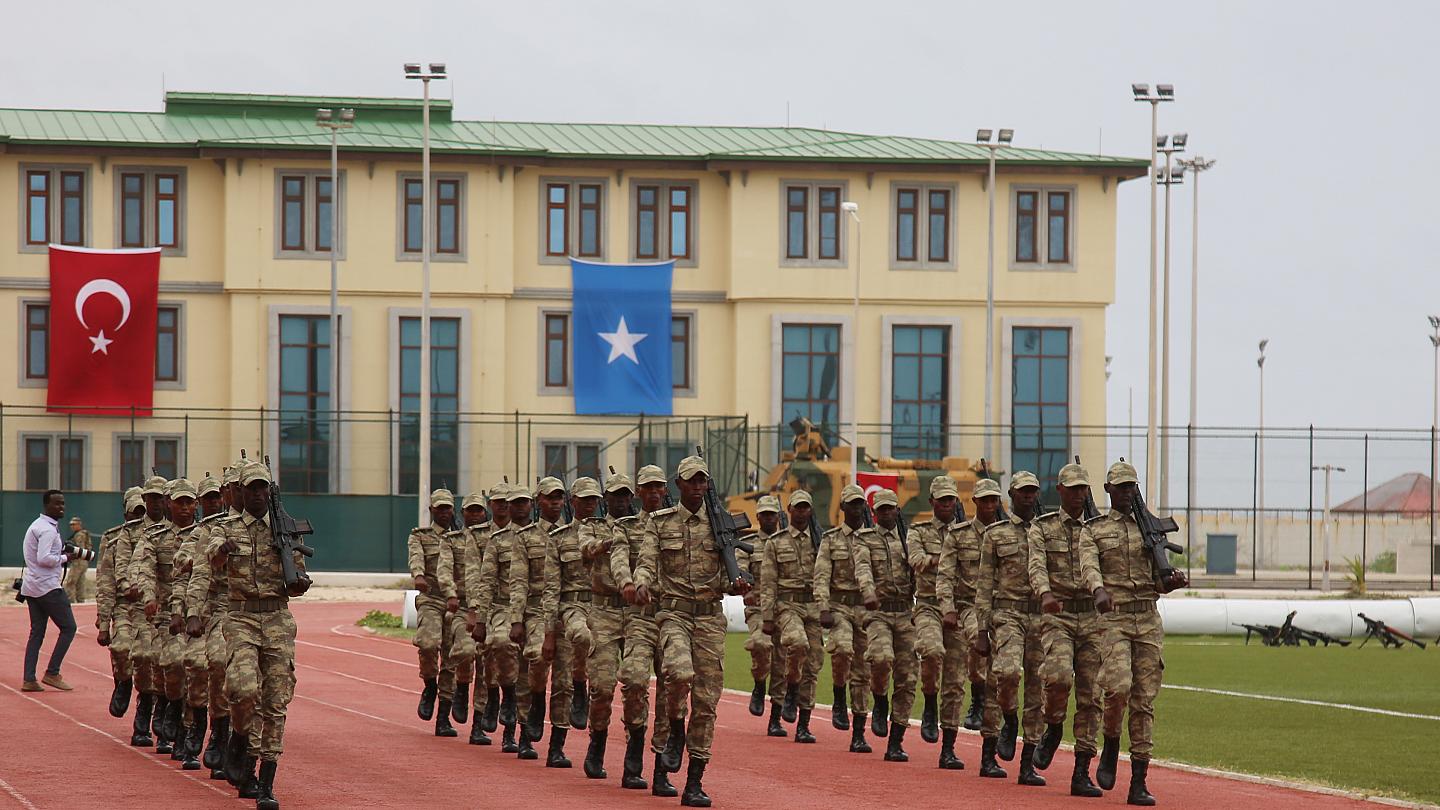Hydrocarbons: Türkiye and Somalia sign an agreement for exploration and exploitation
Bilateral ties have been further strengthened following the conclusion of a defense agreement last month
Ankara
,
March 7 2024
© Agenzia Nova - Reproduction reserved
Turkey and Somalia have struck a deal for energy exploration and drilling, further solidifying bilateral ties following the conclusion of a defense deal last month. The agreement signed in Istanbul between the Turkish Minister of Energy, Alparslan Bayraktar, and the Somali Minister of Petroleum and Mineral Resources, Abdirizak Omar Mohamed, aims to exploit hydrocarbon reserves in Somalia’s exclusive economic zone, untapped since the collapse of the Somali government in the early 90s, and also includes land exploration. This development follows the signing in January of an agreement between Ethiopia and Somaliland, which granted Ethiopia access to ports along the coast overlooking the Gulf of Aden in exchange for recognizing the breakaway region’s independence . In response, Ankara concluded a comprehensive naval defense agreement with Somalia last month, which authorizes Turkey to defend Somali marine waters from terrorism, piracy and external threats for the next ten years.
The agreement signed today, described as “historic” by the Middle East Eye news website, gives Turkey the right to develop Somalia’s marine resources in its exclusive economic zone. The Turkish Navy is already active off the coast of Somalia and in Gulf of Aden as part of a multinational anti-piracy mission since 2009. Turkey, with its experience in offshore energy exploration demonstrated by the discovery of gas in the Black Sea in 2020, is now engaged in developing gas for domestic consumption. According to a US Department of Commerce estimate, Somalia has oil and gas reserves of at least 30 billion barrels, but exploitation requires investments that could take three to five years. In 2022, the Somali government signed an exploration agreement with US-based Coastline Exploration for seven offshore blocks, with drilling expected to begin in 2025.
Somaliland, an autonomous northern region without international recognition, has signed an exploration agreement with the British General Energy in 2022. Drilling, which could lead to the discovery of 5 billion barrels of oil, is expected to begin later this year. However, Mogadishu rejected the agreement, considering it illegitimate. According to the “Middle East Eye”, the agreement between Turkey and Somalia will require huge efforts on the Turkish side for the exploration and development of resources, with a potential cost of at least half a billion dollars for exploration and several billion for continuous development. Currently, it is unclear whether Turkey will seek funding from private or public partners to support such projects.
Read also other news on Nova News
Click here and receive updates on WhatsApp
Follow us on the social channels of Nova News on Facebook, Twitter, LinkedIn, Instagram, Telegram





